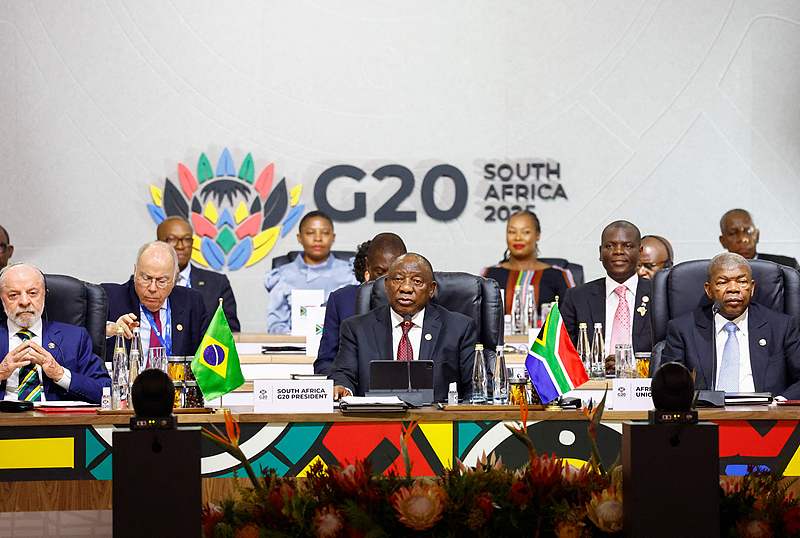
African Development Bank to pick new head to confront U.S. funding cuts
The African Development Bank is meeting this week in Côte d’Ivoire to pick a new president at a time when the continent’s biggest multilateral lender faces unprecedented challenges from funding cuts by the United States government.
The U.S. federal government wants to cut $ 555 million in funding to the AfDB and its African Development Fund (ADF), which offers low-priced financing to the continent’s poor nations.
“This is going to be a major task and it is effectively the new president’s first test,” said Hannah Ryder, founder of Development Reimagined, an Africa-focused consultancy.
The annual gathering of heads of state and finance officials, taking place this year in Abidjan, is one of the biggest finance meetings on the continent.
Africa’s largest development finance institution is owned by 54 African states and G7 nations like the U.S. and Japan. Its biggest shareholder is Nigeria.
The next round of replenishment for the ADF window, which is held on a three-year cycle, is scheduled to take place in November this year.
Five candidates from South Africa, Senegal, Zambia, Chad and Mauritania, are vying to replace outgoing President Akinwumi Adesina, who will step down in September after serving the maximum two five-year terms.
The winner, who must secure 50.01 percent of the votes from the 54 African member states of the bank, and in a second vote from all 81 members, including non-African ones, will be announced on Thursday.
The bank is grappling with the challenges of a changing global economy after U.S. President Donald Trump returned to the White House, including higher U.S. import tariffs.
“We expect the meeting to discuss implications of current global events arising from the Trump administration,” said Fred Muhumuza, a lecturer at Makerere University’s business school in Kampala.
“Many of the key contributors have been cutting bilateral support to African countries.”






